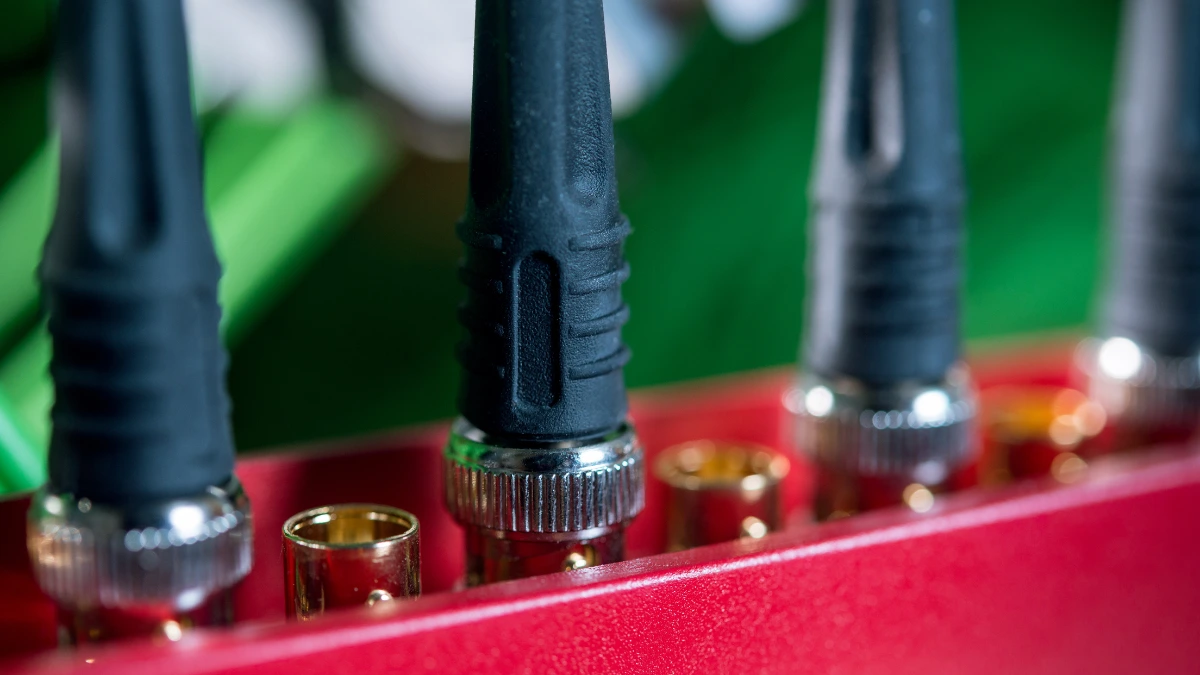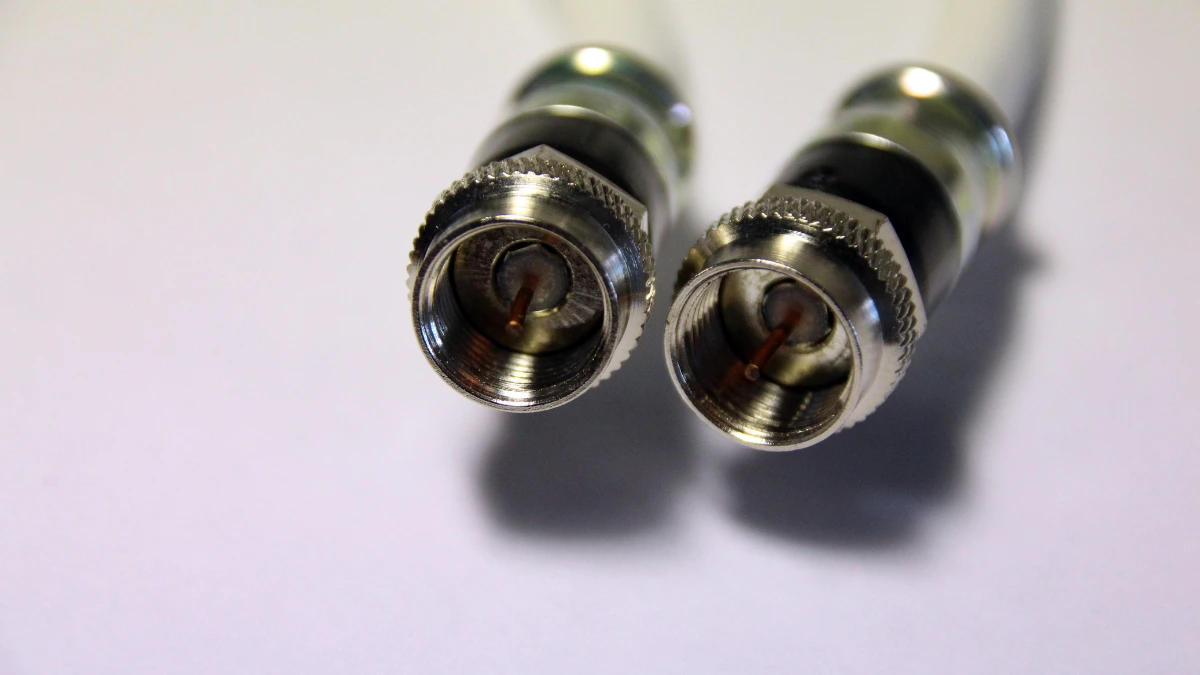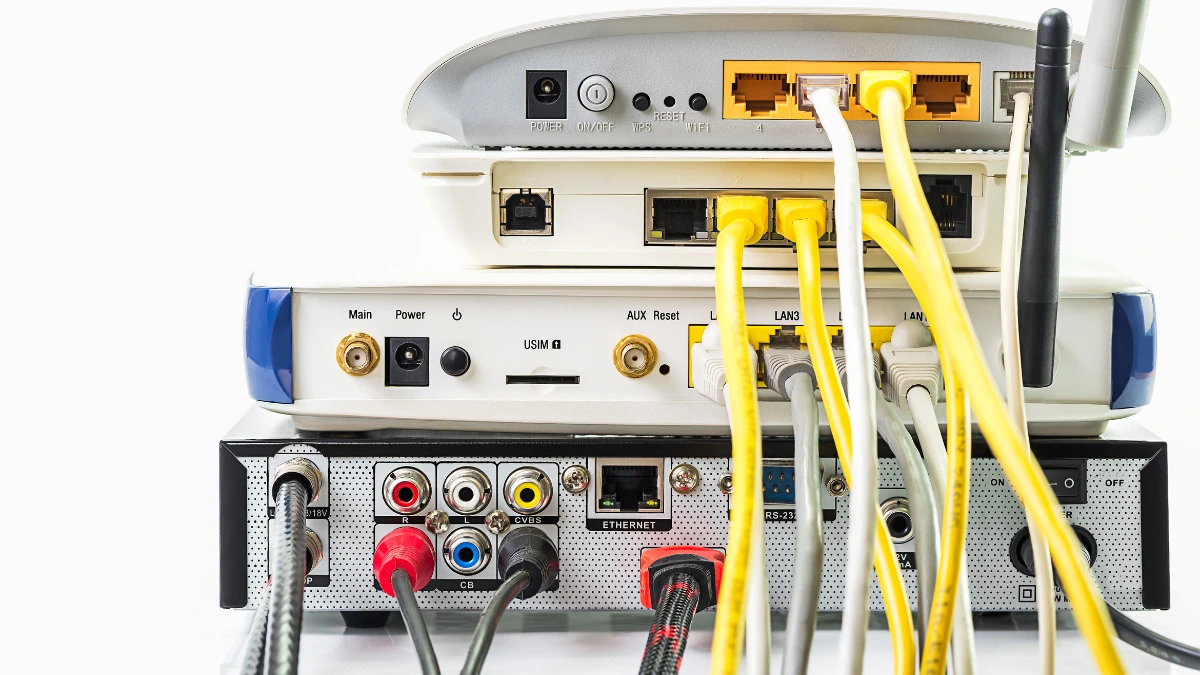A Coaxial Cable Home Network (CCHN) modem is a fundamental device, allowing access to fast and stable internet connectivity at home or in your office.
The Coaxial Cable Home Network Modem has several main functions designed for high-frequency signal transmission.
This article will thoroughly inform you about the Coaxial Cable Home Network Modem from the definition, knowing how it works, exploring its various functions, to navigating the crucial regulatory landscape in Indonesia.
What is a Coaxial Cable Home Network Modem?

A coaxial cable home network modem is a device that connects users to an internet service provider (ISP) via a coaxial cable. This type of modem is commonly used in homes and offices to provide fast and stable internet access.
Coaxial cable itself is a medium designed to transmit high-frequency electrical signals, with a central conductor structure and a shielding layer that effectively counteracts electromagnetic interference.
How it Works?
A cable coaxial home network modem works by transmitting digital data through a coaxial cable from the internet service provider (ISP) to the modem in your home. Here are some of CCHN modem processes that allow you to access the internet at high speeds:
- ISP sends a signal: Radio frequency signals carrying digital data information are sent by the ISP over the coaxial cable network to your modem.
- The modem receives the signal: The modem, which is connected to the coaxial cable in your home, receives the signal.
- The modem converts the signal: The radio frequency signal is converted by the modem into a digital signal that your device (e.g., router or computer) can understand.
- The data is sent to the device: The Ethernet cable then sends the digital signal to the router or other device, allowing your device to access the internet.
The Functions of Coaxial Cable Home Network Modem

The main function of a coaxial cable home network modem is to connect computer devices or local networks with the internet via coaxial cables. Here are some of the main functions of the CCHN modem:
1. Connecting to the Internet
One of the functions of a CCHN modem is to connect to the internet. This device acts as a link between home devices (e.g., computers, laptops, smartphones) and internet service providers (ISPs).
2. Expanding the signal
CCHN modems are usually assisted by MoCA (Multimedia over Coax Alliance) devices that can be used to utilize existing coaxial cables so that WiFi signals can be expanded and increase network speed.
3. As a modulation and demodulation tool
Another important function of CCHN modems is as a modulation and demodulation tool. The CCHN modem converts digital signals transmitted over the coaxial cable into analog (modulated) signals that can be transmitted over the ISP network, and vice versa, converts analog signals from the ISP back into digital signals for devices at home.
4. Sharing public IP addresses on the internet
The modem assigns IP addresses to connected devices on the local network. By managing NAT (Network Address Translation) cables, multiple devices can connect to local IP addresses to share one public IP address on the internet.
The Regulation in Indonesia

Coaxial Cable Home Network Modem products sold in Indonesia must be certified by the Directorate General of Digital Infrastructure (DJID) under the Ministry of Communication and Digital (KOMDIGI). This is based on PERDIRJEN No. 3 Tahun 2021, which requires all radio frequency-based devices, including CCHN modems, to meet specific technical standards before being sold in the country.
DJID certification ensures that the product meets government safety and quality regulations and does not interfere with other communication devices. The certification process involves technical testing, such as frequency adjustments, safety checks, and compatibility with the surrounding environment.
Once the tests are completed, products that pass are listed in a Test Result Report, which confirms that the product is safe and ready for sale in Indonesia. This report reassures customers that the product meets technical standards and is secure.
For companies wanting to sell a Coaxial Cable Home Network Modem in Indonesia, we are available to assist with this process. This service includes preparing technical and legal documents, conducting required testing, ensuring compliance with regulations, helping companies streamline the certification process, and giving consumers confidence in certified products. [UN]

